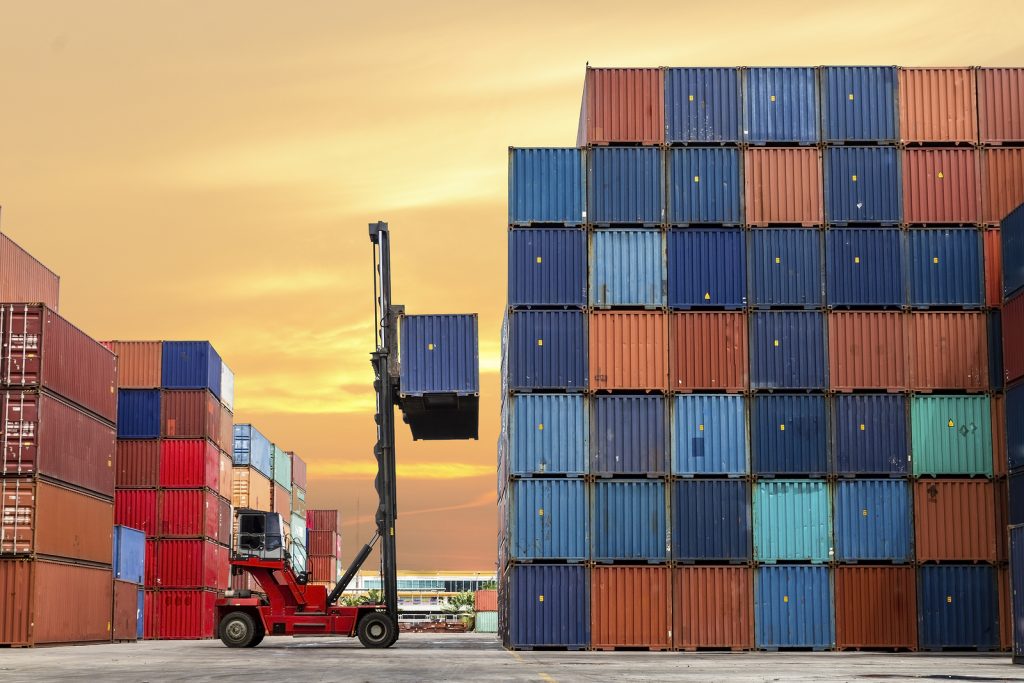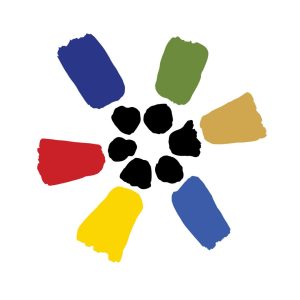Trade facilitation measures make cross-border trade faster and more efficient by simplifying technical and legal procedures. They have one of the greatest positive impact on integration of small and medium-sized enterprises from Southeast Europe (SEE) into global supply chains and the reduction of time and costs of trade.
Pre-Arrival Processing (PAP) as one of five trade facilitation measures contained in the World Trade Organization Trade Facilitation Agreement (WTO TFA), enables the release of goods immediately upon arrival through the modernization of customs procedures. It is a fully electronic submission of declaration data to Customs prior to the arrival of goods.
Since 2017 the project ““Introduction of Customs Pre-Arrival Processing for Express Consignments – PAP Express”” implemented by GIZ’s Open Regional Fund for Foreign Trade (commissioned by BMZ), has been supporting the introduction of PAP in Albania, Bosnia and Herzegovina, Kosovo, and North Macedonia, 4 of the 7 parties to the Central European Free Trade Agreement (CEFTA). Serbia and Montenegro have already introduced PAP in pilot projects supported by the German Alliance for Trade Facilitation and have shared their experiences and biggest challenges with colleagues from the region.

The project supports each customs administration with establishing the legal and regulatory framework for pre-arrival processing, developing procedural practices and functionalities in the customs IT system, training for customs staff and the private sector and regional exchange of experiences. In line with the WTO Trade Facilitation Agreement, tailor-made pre-arrival processing for express consignments is developed for each customs administration separately.

The key element was the involment of private sector expertise through the express consignment companies DHL, FEDEX and UPS, which contributed to shaping new procedures and IT-development. In this way, the project partners joined forces and created synergies with a common aim – helping the customs administrations in the CEFTA region to speed up the processing of express consignments at borders. The goal is to reduce this processing time by 50%, thereby reducind delivery times and insecurities in supply chains.
Close regional cooperation and exchange of best practices, and bilateral cooperation continue to positively impact customs administration’s progress of implementing PAP not only in SEE. Namely, inspired by examples of this project, the customs administration of the Republic of Moldova together with develoPPP.de and DHL initiated a new project which aims at developing their own tailor-made PA-procedure according to the same project approach. This way the GIZ will contribute to the successfull reduction of both time and trade costs through the introduction of PAP for express consignments in all CEFTA parties.


